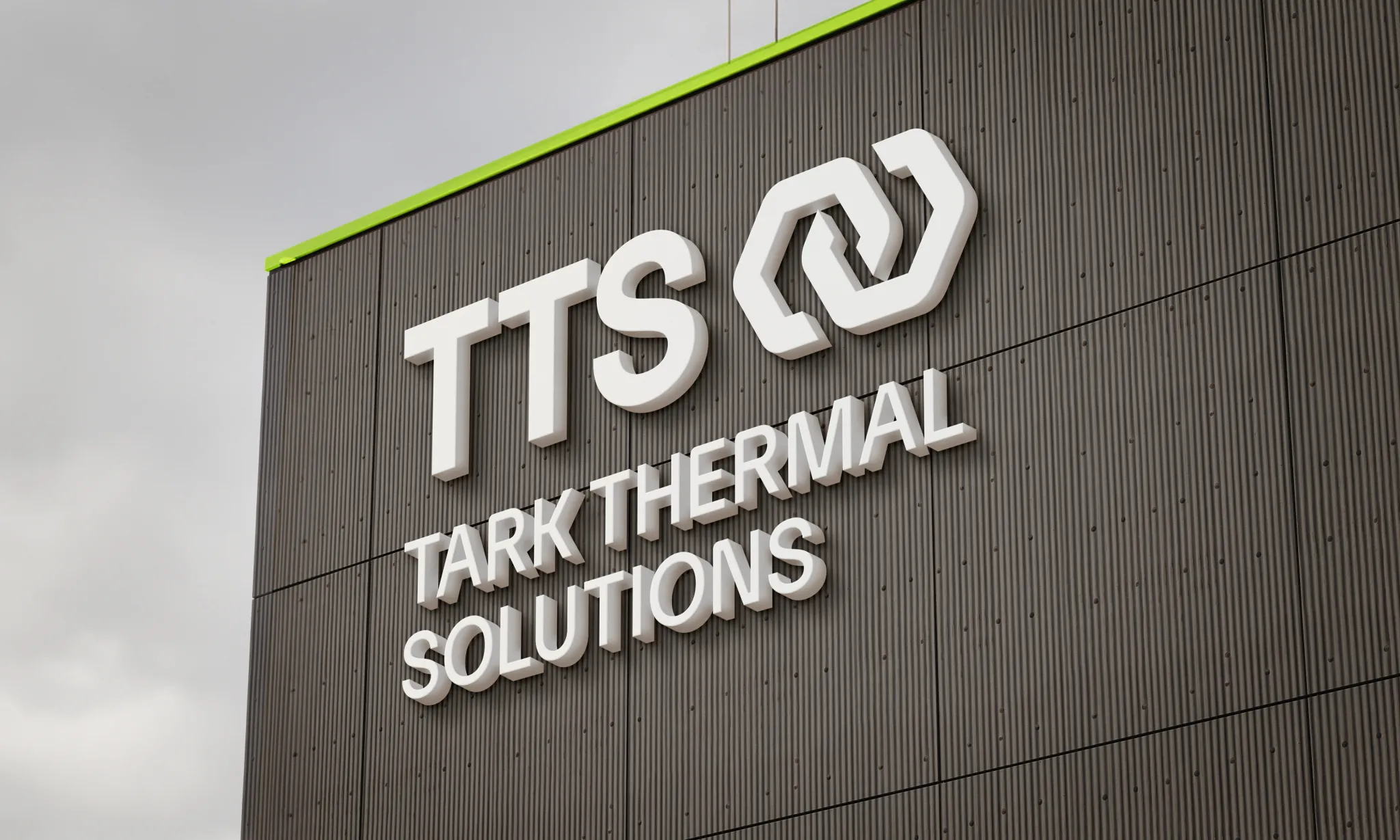UTX9-28-F2-4040-TA-W6
The UTX9-28-F2-4040-TA-W6 is a high-performance thermoelectric cooler that is assembled with advanced thermoelectric materials and can boost cooling capacity by up to 10%. The UltraTEC™ UTX Series features a higher thermal insulating barrier when compared to standard materials creating a maximum temperature differential (ΔT) of 71.7 °C at Qc = 0. It has a maximum Qc of 196 Watts when ΔT = 0.
